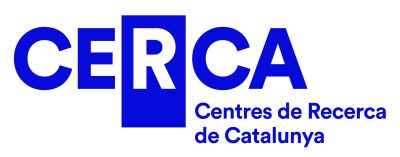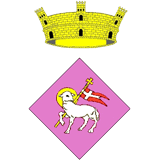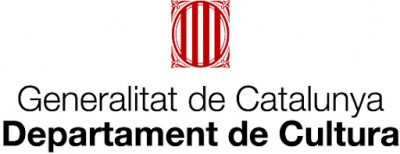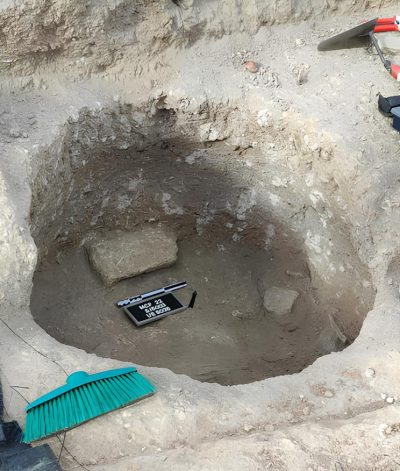
MIRMED research group, led by M. Carme Belarte (ICAC-ICREA), starts a new archaeological excavation campaign at the Mas Cap de Ferro site (Nulles, Alt Camp).
This week, ICAC-CERCA initiated a new archaeological intervention at the protohistoric archaeological site of Mas Cap de Ferro (Nulles, Alt Camp), with the support of the Nulles City Council.
This archaeological site consists of a series of silos that are chronologically placed in the Early Iron Age (6th century BC), as confirmed by the preliminary study of archaeological materials found up to this point and carbon-14 dating of charred seeds.
In previous campaigns, ICAC has documented up to twelve silos at Mas Cap de Ferro, with seven of them having been excavated. These excavations have provided a highly interesting record of material culture, including fragments of handmade pottery and raw clay artifacts, among them a nearly complete jug.
Additionally, abundant samples of fauna have been discovered, which will allow researchers to explain what livestock farming was like just before the onset of the Iberian world.
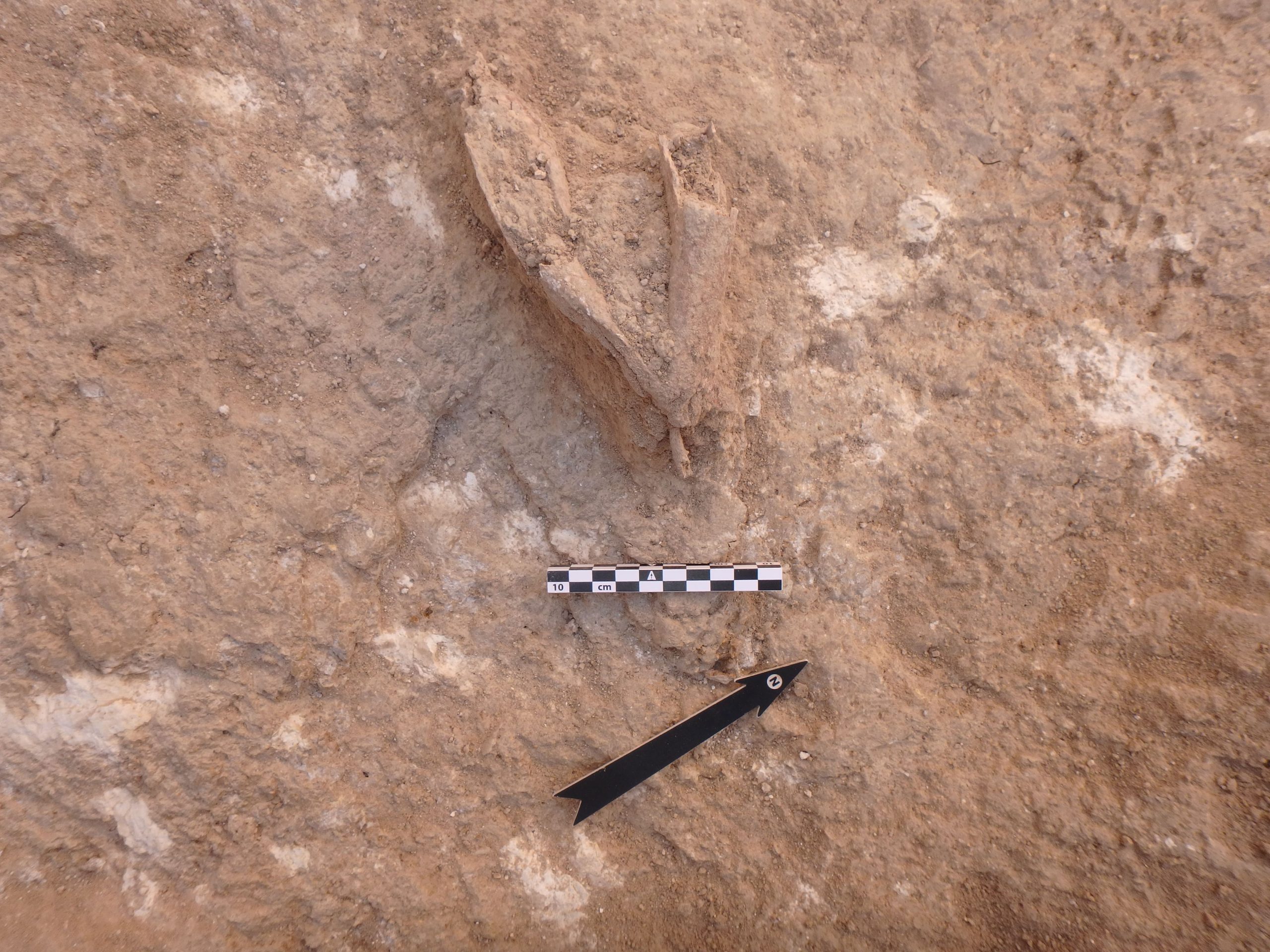
The two main objectives of the 2023 campaign are, on one hand, the excavation of the remaining five silos, and on the other hand, the delineation of the site using mechanical trenches and extensive opening to determine the actual dimensions of the site, which have been unknown until now.
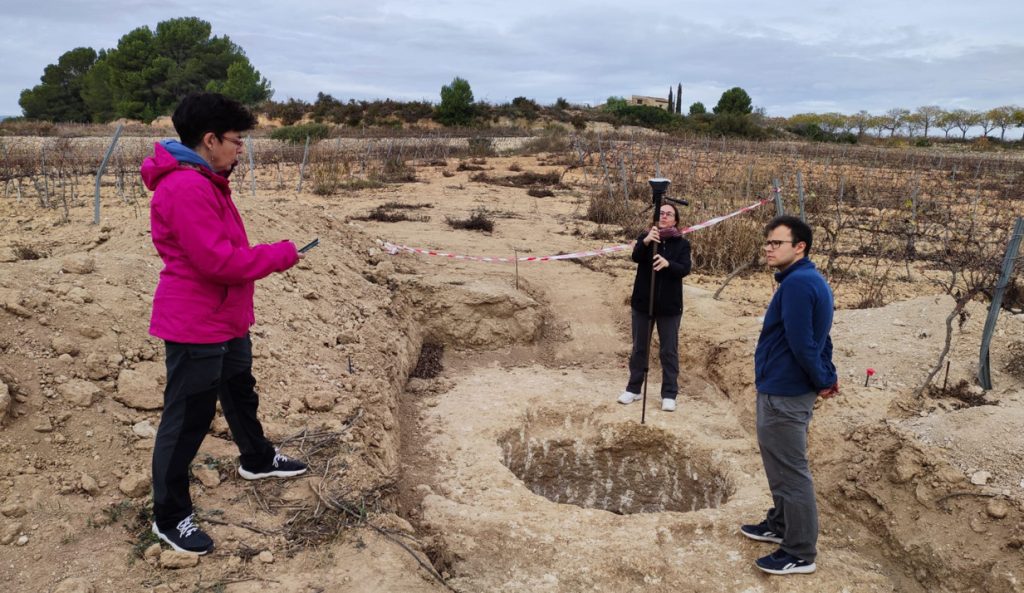
The intervention is expected to last for two weeks and involve a team of around ten people. In addition to ICAC researchers and assistant archaeologists, researchers from the University of Lleida (UdL), students from the Master’s program in Applied Classical Archaeology, MACA (URV-ICAC-UAB), and undergraduate students in History at UdL will also participate.
This campaign is part of the ICAC’s four-year research project, The Territory of Western Cessetània in the First Millennium BC: From the Late Bronze Age to Romanization, funded by the Department of Culture of the Generalitat de Catalunya (CLT009/22/00012) and led by M. Carme Belarte (ICAC-ICREA) and Joan Canela (ICAC). Fieldwork is directed by Joan Canela, Antoni Corrales, and Marta Mateu, who are researchers from the MIRMED group at ICAC.
About the Catalan Institute of Classical Archaeology (ICAC-CERCA)
The Catalan Institute of Classical Archaeology (ICAC-CERCA) is a CERCA center established as a consortium in 2003 by the Government of Catalonia and the Rovira i Virgili University. It is a leading institution in the research and conservation of archaeological heritage in Catalonia. Its headquarters are located in Tarragona, a city recognized as a UNESCO World Heritage Site in the year 2000. Its researchers work to understand the past through the study of archaeological remains and promote the preservation of the rich historical legacy of the region. We are CERCA!
More information at www.icac.cat.
